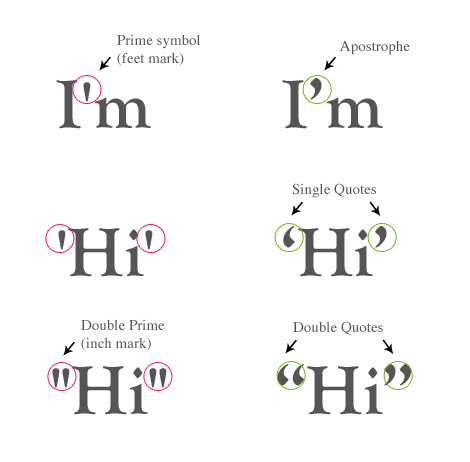Apostrophe for A Word Ending in ‘S’

‘With singular words and names that end in s use the normal possessive ending 's’.
– The Economist Style Guide, Tenth Edition
This is a very old debate on a simple English grammar. The Economist just wants to make it clear in its ‘The Best-selling Guide to English Usage’. Oxford dictionaries agree so, but with exceptions for names of places or organisations. The most mentioned example is for our holy Jesus. To honour him for his greatness, we should call his possessive Jesus', not Jesus's.
In the essential manual for all English writers, The Elements of Style, the first rule in the first chapter is:
1. Form the possessive singular of nouns by adding 's.
Follow this rule whatever the final consonant…
…
Exceptions are the possessives of ancient proper names ending in -es and -is, the possessive Jesus', and such forms as for conscience' sake, for righteousness' sake…
Well, there are always other voices. The Guardian takes pronunciation into consideration:
The possessive in words and names ending in S normally takes an apostrophe followed by a second S (Jones's, James's), but be guided by pronunciation and use the plural apostrophe where it helps: Mephistopheles', Waters', Hedges' rather than Mephistopheles's, Waters's, Hedges's.
Technically, we shouldn’t say right or wrong on either usage. But like another old English language debate, American vs British English, the only right thing to do is being consistent.
